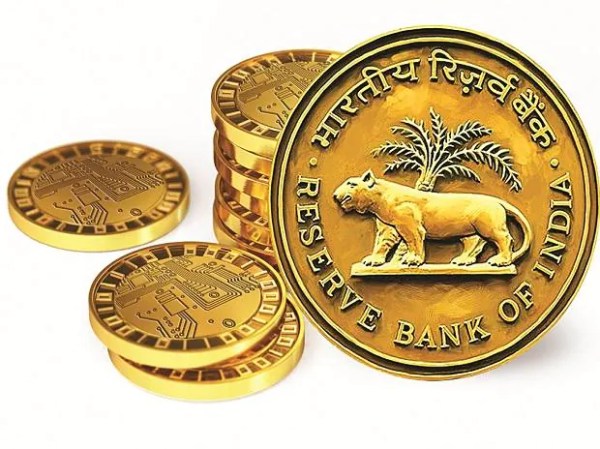New Delhi : The Reserve Bank of India’s (RBI) digital currency was welcomed by the market on the first day. RBI launched the digital currency as a pilot test on November 1. Its launch got off to a good start with a transaction of ₹275 crore on the first day.

Under the Central Bank’s Trial of Digital Currency (CBDC) pilot project, banks have been allowed to transact in government securities only in the wholesale segment. Nine banks are involved in this pilot project. Many of these banks conducted 48 transactions involving government bonds using digital virtual currency on the very first day of launch.
Settlement of secondary market transactions in government securities under the pilot trial of Digital Rupee. State Bank of India (SBI), Bank of Baroda, union Bank of India, HDFC Bank, ICICI Bank, Kotak Mahindra Bank, Yes Bank, IDFC First Bank and HSBC have been included in this pilot trial.
There are three types of digital currency:
Cryptocurrency: It uses cryptography to secure the transactions in the network. This currency is not controlled by the government of any country. Bitcoin and Ethereum are examples of this.
Virtual Currency: It is an unregulated digital currency controlled by an organization consisting of developers or various stakeholders involved in the process.
Central Bank Digital Currency (CBDC): It is issued by the Central Bank of any country. RBI has said to issue this currency only.

